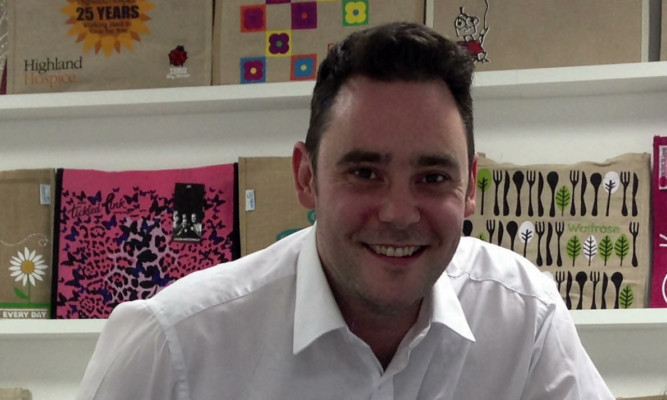Jutexpo operations director Sam Turner talks to Courier Business.
Q How did the business start?
A It was started by my dad in 2002. He worked in the jute industry in Kolkata, India, and returned home to retire at the time the Irish plastic bag tax came in.
He knew about jute bags and thought he’d try selling some to Irish retailers.
We initially worked with local authorities on their recycling campaigns before working with major retailers and charities.
I joined about six years ago. I’d been close to the business throughout and it was a great chance to work in a small business, with my family, to grow Jutexpo into the business it is today.
Q What does your business do?
A We supply ethically produced reusable jute and juco shopping bags, primarily into the supermarkets, but we work with every type of customer: from individuals, through charities, local authorities and high street retail.
On every high street and in every supermarket you will see our bags being used.
Our head office is in the Cotswolds but we opened our Scottish office in Alloa last year to prepare for the proposed bag tax.
Q Who has helped?
A My family have been a great support. Being a family business, it’s difficult to leave work behind, and my wife has been very supportive.
On a business front, we’ve had great support from our bankers, Lloyds TSB, and most recently, Business Gateway Clackmannanshire, Clackmannanshire Works, Scottish Enterprise and SDI.
Q What is your greatest achievement?
A From a business perspective our most recent bag for Comic Relief, designed by Lulu Guinness. The most challenging bag we’ve done, it helped raise more than £200,000.
Q What do you hope to achieve?
A To expand into new countries and in the UK, because we expect the whole country to be subject to a plastic bag tax. We aim for our bags to be a core part of the market, and for those bags to raise significant sums for charity.
Q How many people do you employ?
A In the UK 15 people.
Our bags are responsible for employing more than 500 people in Kolkata, where they are made.
As the business grows we will need to employ more, especially in the design and sales teams.
Q What is the hardest thing about running your own business?
A It can be trying, juggling all the competing challenges at one time. Making decisions that are often tough is inherent in running any business.
No part is bigger than the whole of the business, so we must only do what is right for the business.
Q What advice would you give those thinking about setting up in business?
A You need personal strength. Drive and ambition are also key, but most important is making sure you have a vision, and that it is shared by all the important components of your business.
